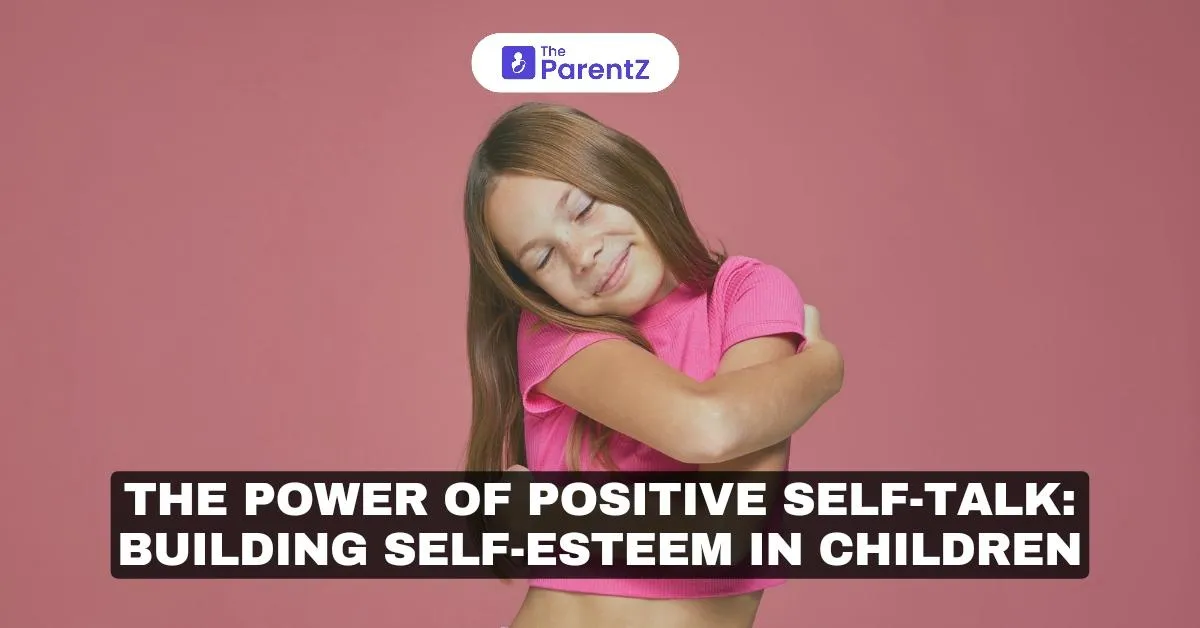In the quiet moments when our children face their reflections, the words they whisper to themselves shape their future more profoundly than we might imagine. As parents and caregivers, one of our most crucial responsibilities is teaching our children the art of positive self-talk – a skill that forms the foundation of healthy self-esteem and emotional resilience.
Understanding Self-Talk and Self-Esteem
Children begin developing their internal dialogue surprisingly early. The way they speak to themselves often mirrors the voices they hear around them – parents, teachers, friends, and family members. This internal conversation becomes the blueprint for their self-esteem, affecting how they view themselves and their capabilities.
Self-esteem isn't about convincing our children they're perfect or superior to others. Instead, it's about helping them develop a realistic, compassionate relationship with themselves. Think of it as teaching them to become their own best friend – someone who offers support, understanding, and gentle guidance when needed.
For instance, instead of saying, “I always mess up,” they can learn to say, “I didn’t do well this time, but I can improve.” This shift in language not only boosts self-esteem but also encourages a growth mindset.
Why is Positive Self-Talk Important for Children?
- Boosts Confidence: Positive self-talk helps children believe in their abilities and encourages them to take on new challenges.
- Enhances Resilience: It equips children to bounce back from setbacks and failures, viewing them as opportunities for growth.
- Improves Mental Health: Positive self-talk can reduce anxiety, stress, and depression.
- Fosters Healthy Relationships: Children with high self-esteem tend to have better and more transparent relationships with peers and adults.
Teaching the Art of Positive Self-Talk
Start with Modeling
Children learn by example. When you make a mistake, resist the urge to berate yourself. Instead, model constructive self-talk: "I made a mistake, and that's okay. I'll learn from this and try again." This shows children that imperfection is part of being human and mistakes are opportunities for growth rather than reasons for harsh self-judgment.
Create a Self-Talk Toolkit
Help your child develop phrases they can use when facing challenges:
- "I can do hard things."
- "It's okay to make mistakes."
- "I am learning and growing."
- "I am worthy of love and respect."
- "I believe in myself."
Practice Daily Affirmations
Make positive self-talk a daily ritual. Start mornings with simple affirmations that feel authentic and age-appropriate. This isn't about empty praise but about acknowledging real strengths and efforts.
The Fine Line: Self-Esteem vs. Overconfidence
Building healthy self-esteem doesn't mean raising children who believe they're invincible or superior to others. The goal is to help them develop a balanced self-image that acknowledges both their strengths and areas for growth.
Signs of Healthy Self-Esteem:
- Ability to acknowledge both successes and failures
- Willingness to try new things
- Resilience in facing challenges
- Empathy towards others
- Recognition of personal worth independent of achievements
Signs of Overconfidence:
- Difficulty accepting criticism
- Dismissal of others' feelings or achievements
- Unrealistic expectations of success
- Inability to acknowledge mistakes
- Excessive focus on being "the best"
Creating a Supportive Environment
To nurture healthy self-esteem, create an environment where:
- Effort is valued over perfection
- Mistakes are seen as learning opportunities
- Feelings are acknowledged and validated
- Personal growth is celebrated
- Kindness to self and others is emphasized
The Role of Constructive Feedback
When providing your feedback, try to focus on specific behaviors and efforts rather than general praise or criticism. Instead of "You're so smart!" try "I noticed how hard you worked on solving that problem." This helps children develop a growth mindset and understand that their worth isn't tied to their achievements.
Teaching Self-Compassion
Perhaps the most valuable lesson in building self-esteem is teaching children to treat themselves with the same kindness they would offer a friend. When they face disappointment or make mistakes, guide them to respond with understanding rather than harsh criticism. This foundation of self-compassion will serve them throughout their lives.
The Lasting Impact
The journey of building healthy self-esteem through positive self-talk is ongoing. As children grow, they'll face various challenges that test their self-image. However, by equipping them with the tools of positive self-talk and self-compassion early on, we give them the internal resources they need to navigate life's ups and downs with resilience and grace.
Remember, our goal isn't to shield children from all difficulties or to convince them they're perfect. Instead, we're teaching them to be their own allies, to speak to themselves with kindness, and to maintain a balanced, healthy relationship with themselves as they grow and learn.








Be the first one to comment on this story.